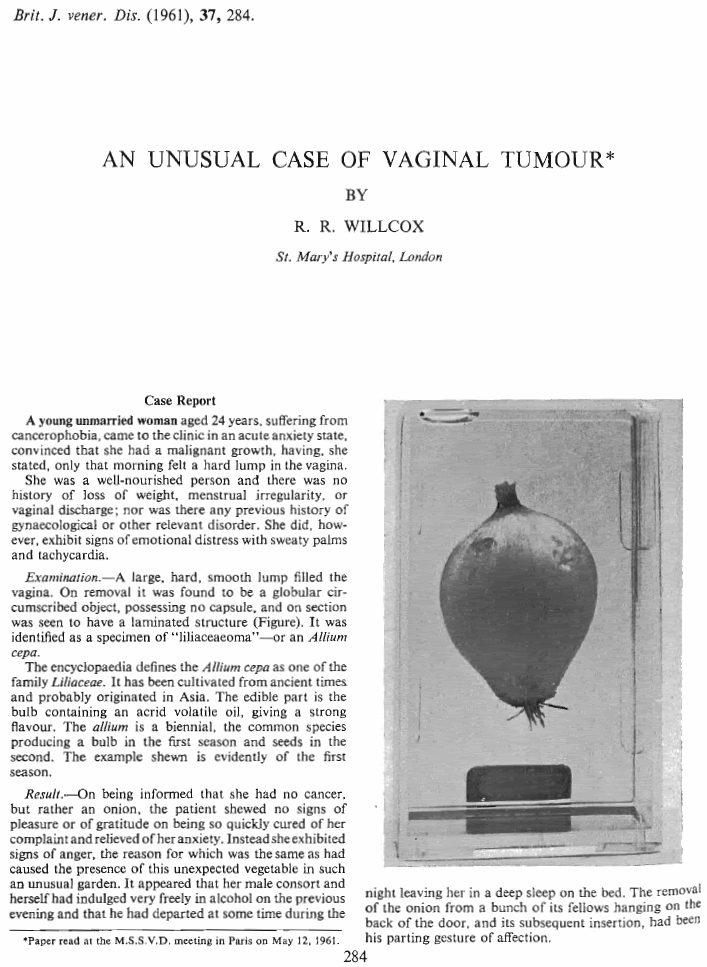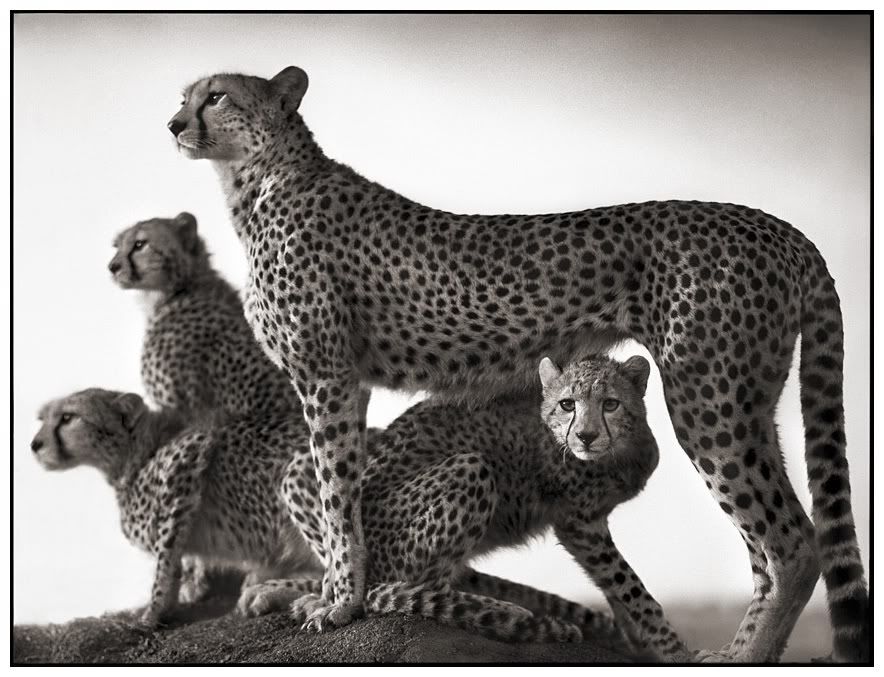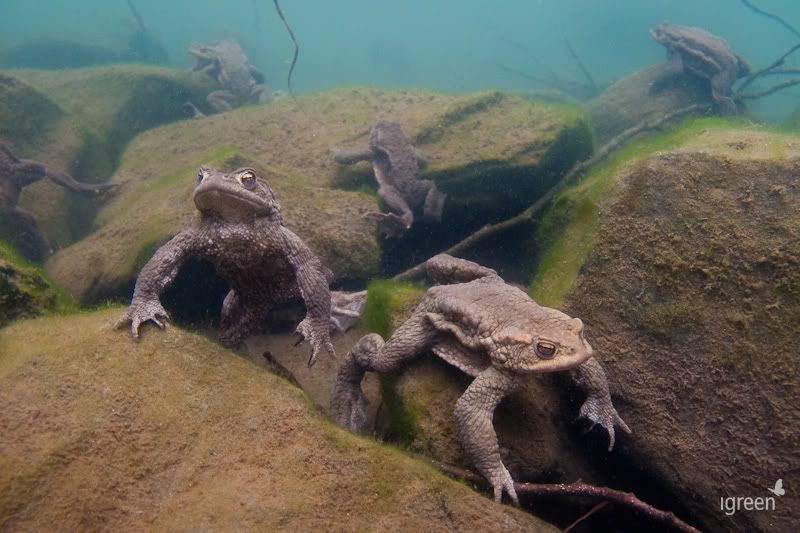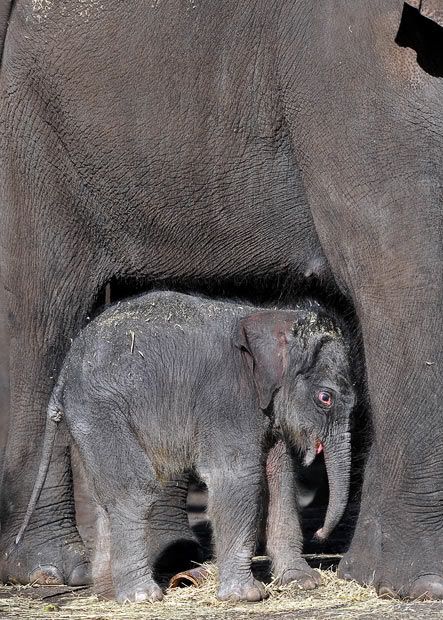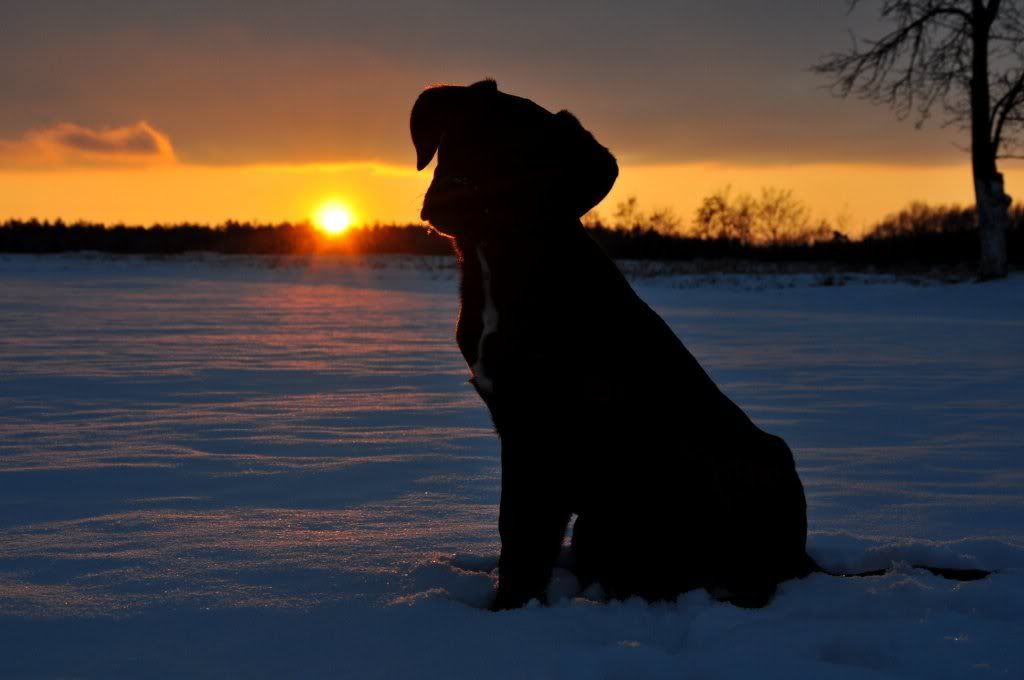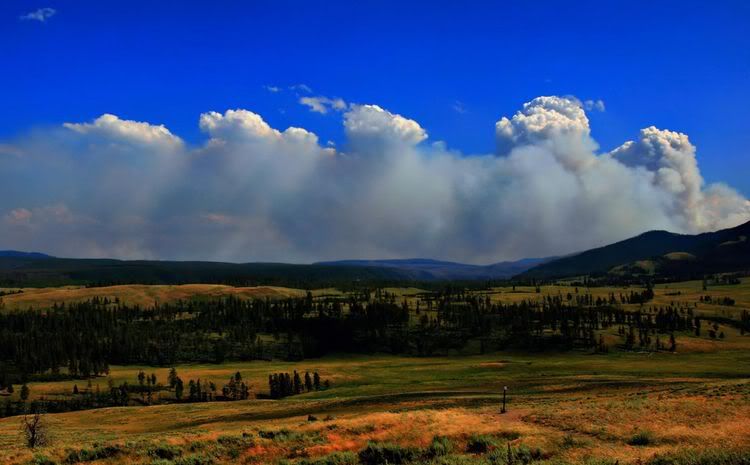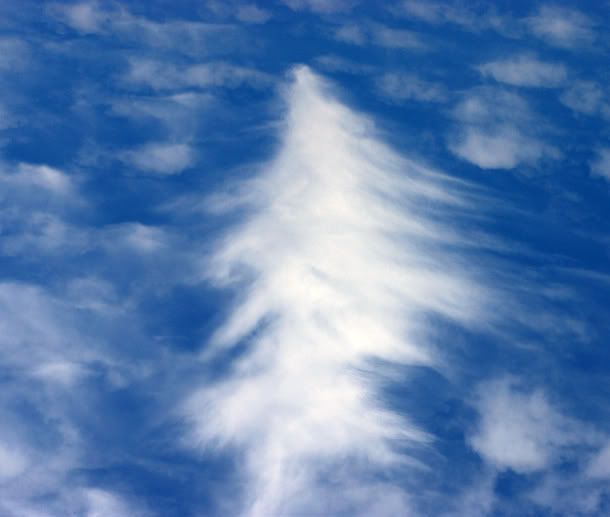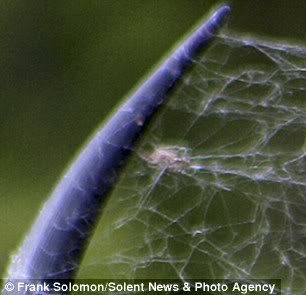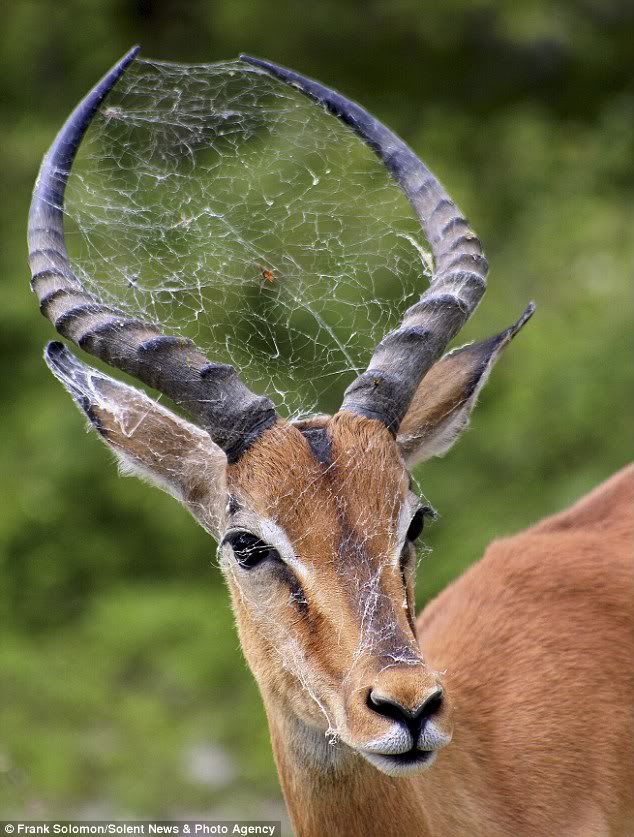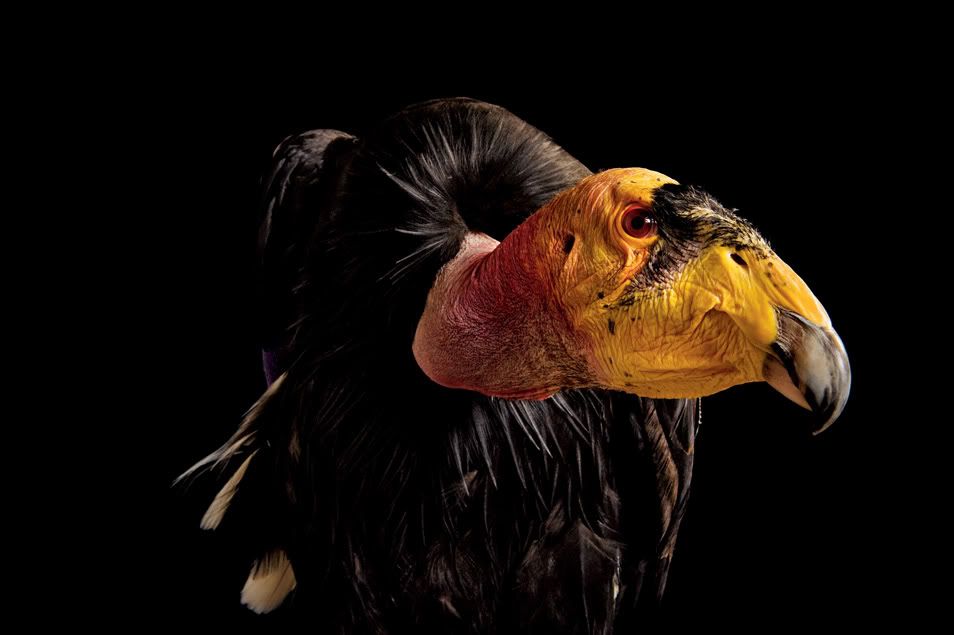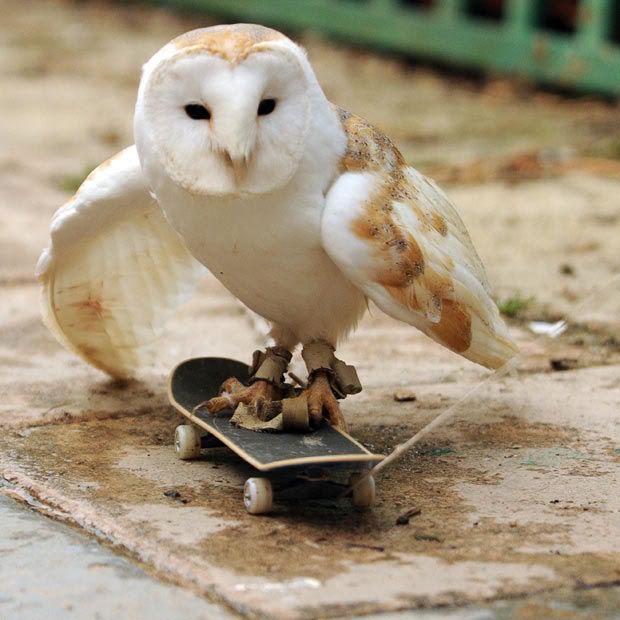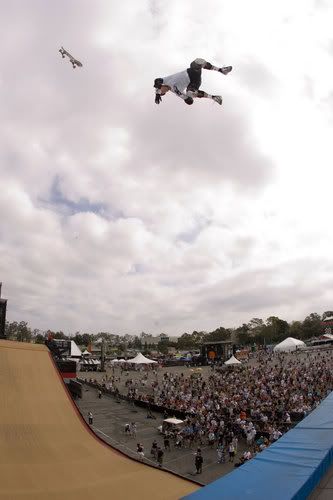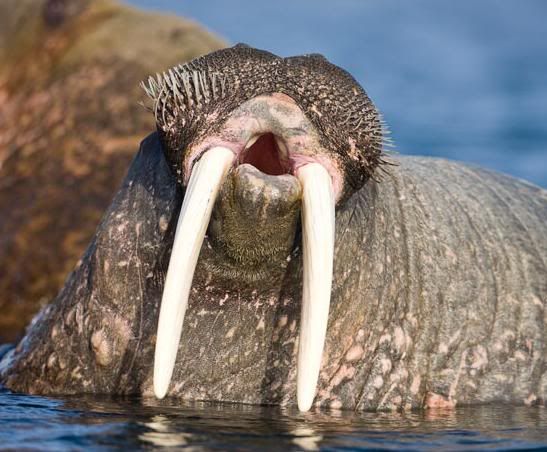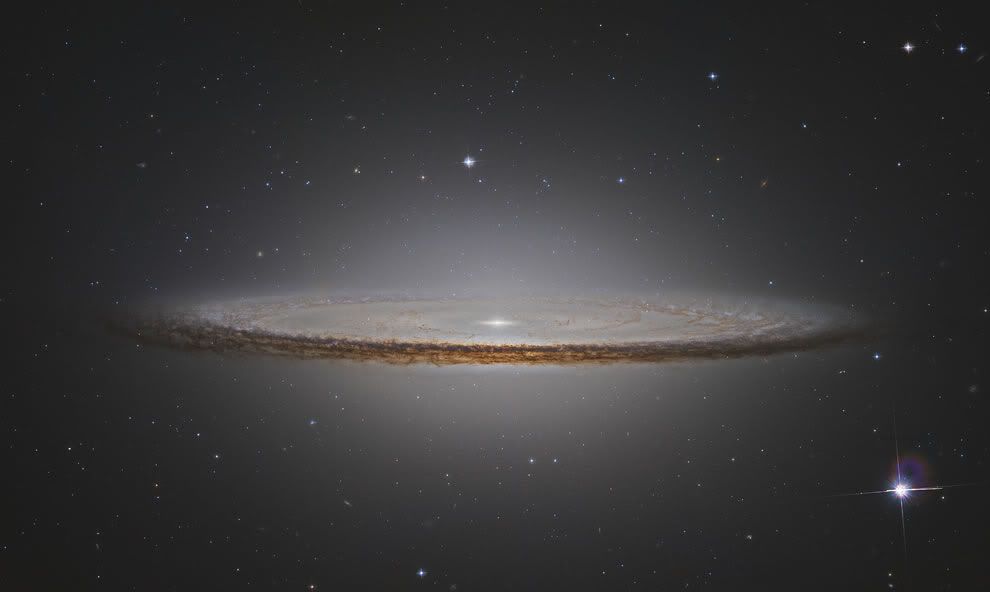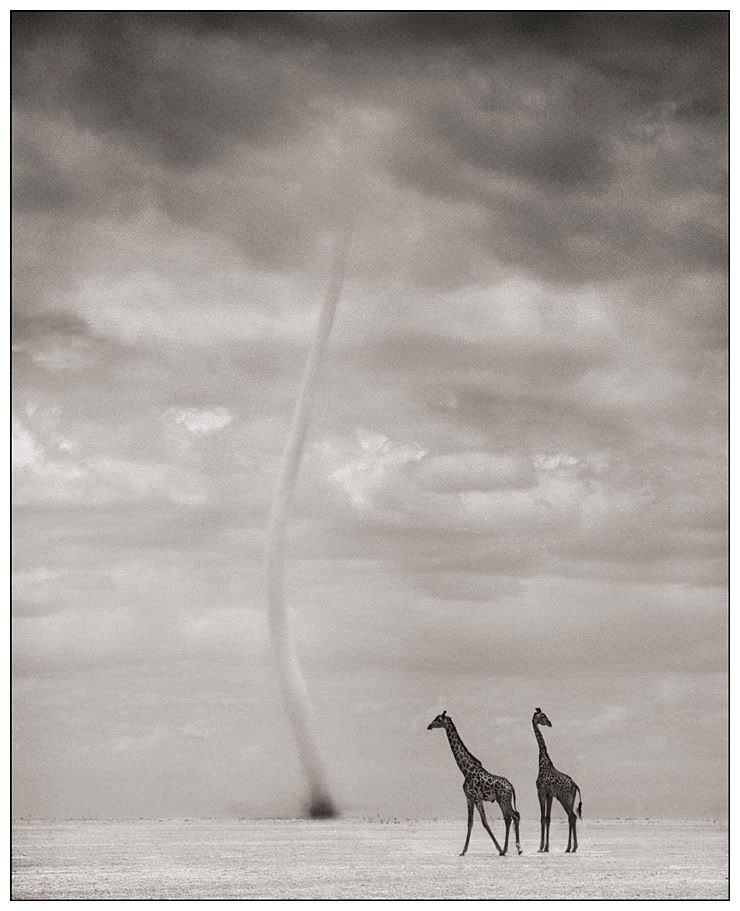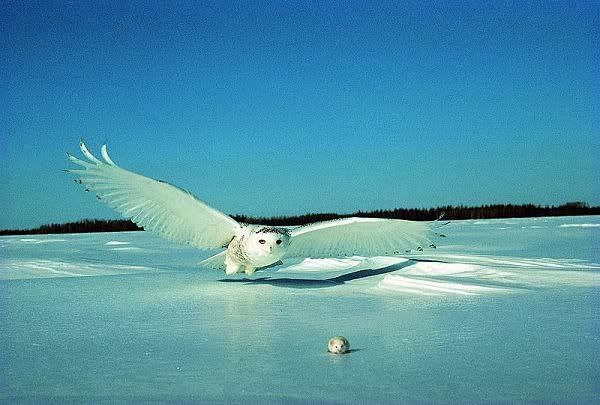
Rarely has there been a purer image of death from above as that of the Snowy Owl swooping down out of the sky on its prey, the hushed sound of its feathers moving the air the only sign of impending doom for the animal scuttling along on the frozen floor. The mouse or lemming will soon find itself enveloped in the death embrace of this colourless bird of prey – seized in the lethal grip of its razor-sharp talons.
Death is milliseconds away: Snowy Owl about to sink its talons into its prey
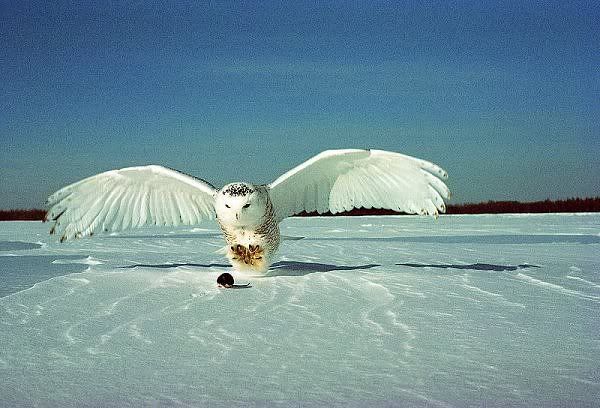
Caught in the shadow of its killer’s metre-and-half long wingspan, the tiny creature skidding along on the ice is one rodent among thousands for the veracious Snowy Owl. To keep up its strength in the freezing wastes of its wintry habitat, this powerful predator must capture and devour between seven and twelve mice every day, and can eat over 1,600 lemmings each year.
Despite the persistence the Snowy Owl must show in order to meet its food requirement, it is also a patient hunter that perches and waits to identify prey before flying off in pursuit. This well-adapted Arctic raptor is equipped with keen eyesight and sharp hearing that enable it to detect animals under the snow – typically lemmings, mice and voles which it swallows whole.
Homing in on the spoils: Snowy Owl swoops down to pick up the slain rodent
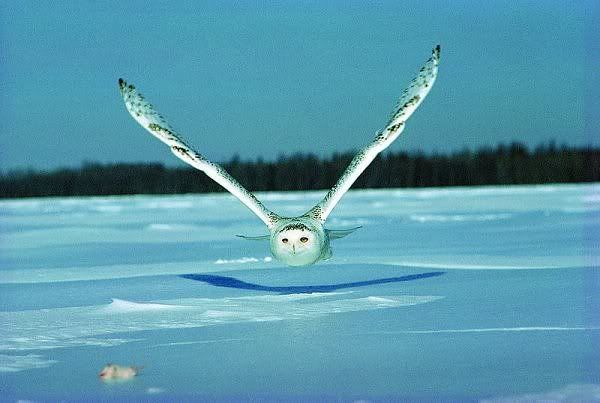
As well as smaller rodents, the Snowy Owl also preys on larger mammals such as hares, muskrats and even foxes, plus other birds and fish – snatching quarry from on the ground, in the air, or off the surface of the water with its talons. Often, it swoops down on creatures it has spotted while waiting, though sometimes it flies low in the hope of surprising its victims.
Beautiful but deadly: Snowy Owl quietly surveys the scene for signs of life
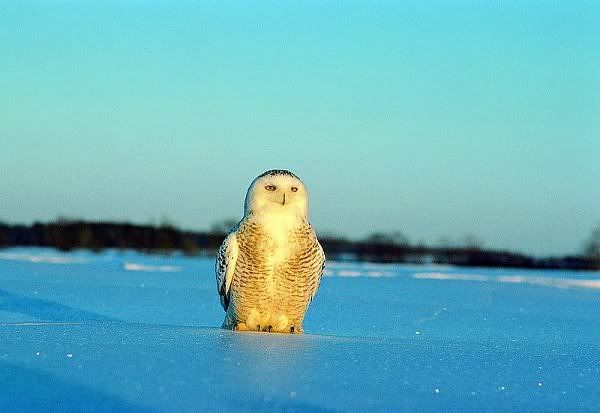
Unlike many owls, this inhabitant of the extreme northern margins of the Arctic tundra hunts during the day. It spends much of its time on elevated lookouts, watching in silence to make forays for potential prey. The scanning of the surrounds is helped by its ability to swivel its head 270 degrees around. Whatever the Snowy Owl spies may soon find itself caught in its icy clutches.

